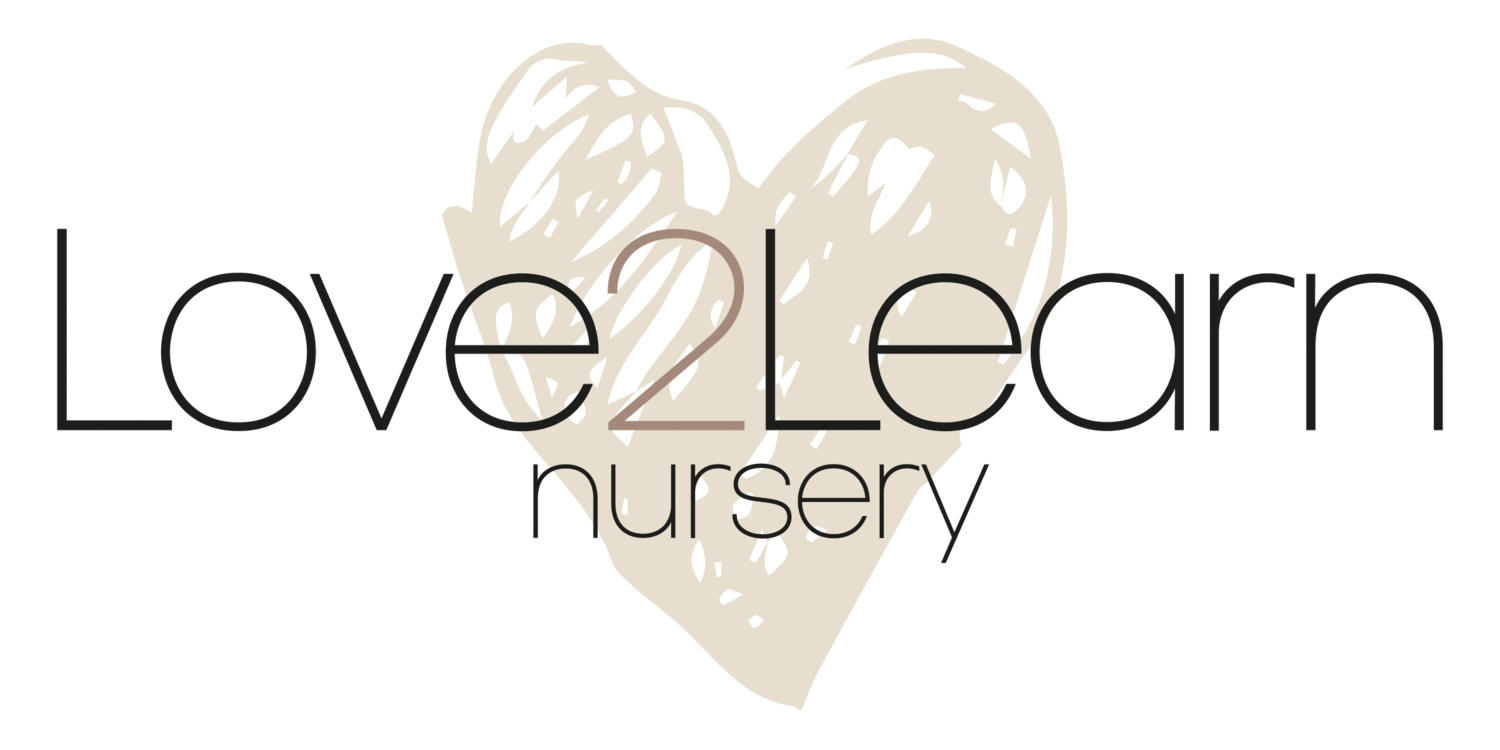Learning Through Play
Learn Through Play
Here at Love 2 Learn and in many nurseries across the globe, we are huge advocates for ‘learning through play’.
Early years are an extremely important time for children, developing skills that help build the adults, they become. Early learning, shouldn't be a watered down version of school.
Children are young for such a short period of time; allowing children to be children and play whilst they still can is so important, the academic standards can begin when they start school.
Play is NOT a luxury!
Play is not a substitute for learning, play IS learning!
When you think of play, what do think of?
To understand the importance of play, we need to understand first what play is.
Play can be defined as anything driven by a child, which is active and enjoyable. But most importantly play is voluntary, it is not something that is forced.
"The predominant emotions of play are interest and joy" Peter Gray
Did you know play is a basic human right?
UN Convention on the rights of the child states:
Article 31
1. States Parties recognise the right of the child to rest and leisure, to engage in play and recreational activities appropriate to the age of the child and to participate freely in cultural life and the arts.
2. States Parties shall respect and promote the right of the child to participate fully in cultural and artistic life and shall encourage the provision of appropriate and equal opportunities for cultural, artistic, recreational and leisure activity.
Play is so important that withholding it is a violation of a basic human right
Regardless of opinion, law or preference the fact remains the same, Learning through play is so beneficial for childhood development. Play is full of opportunities for learning and development, free without limits or restriction. The best thing about play is, it incorporates multiple areas of the Early Years Foundation Stage, naturally intertwining areas for development. It's child led, which means it is exciting and they want to learn the task at hand, as it is their play idea.
How can we expect children to go to school, as young as three years old and be able to sit and write their names, when they haven't had the chance to develop their fine motor skills?
How can we have high expectations for them to sit and listen, to read and communicate. When we haven't supported them to explore, to grow and learn?
When a child is engaged and excited they learn. Skills and behaviours can be taught through play. 'School Readiness' is so much more than writing your name or sitting quietly. To be ready for academic learning a child needs to have had the freedom for exploration and discovery, with no educational predetermined outcome.
Over the coming weeks, we are going to be looking further into play. Schemas, theorists and ideas for home!
But for now, Remember PLAY IS THE WAY!




